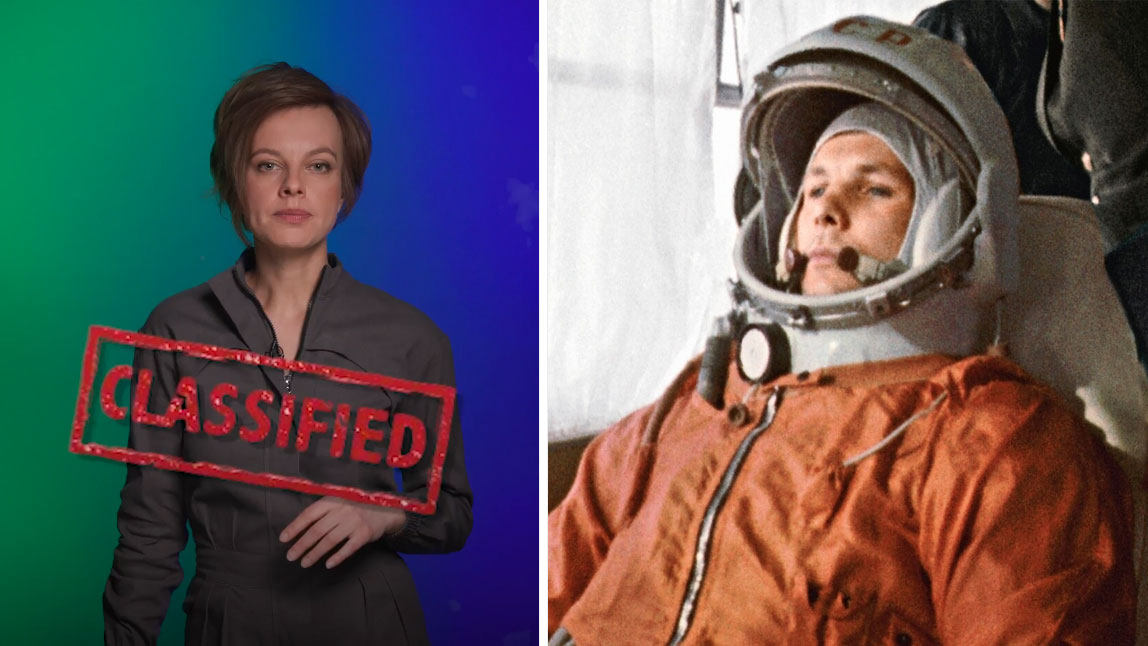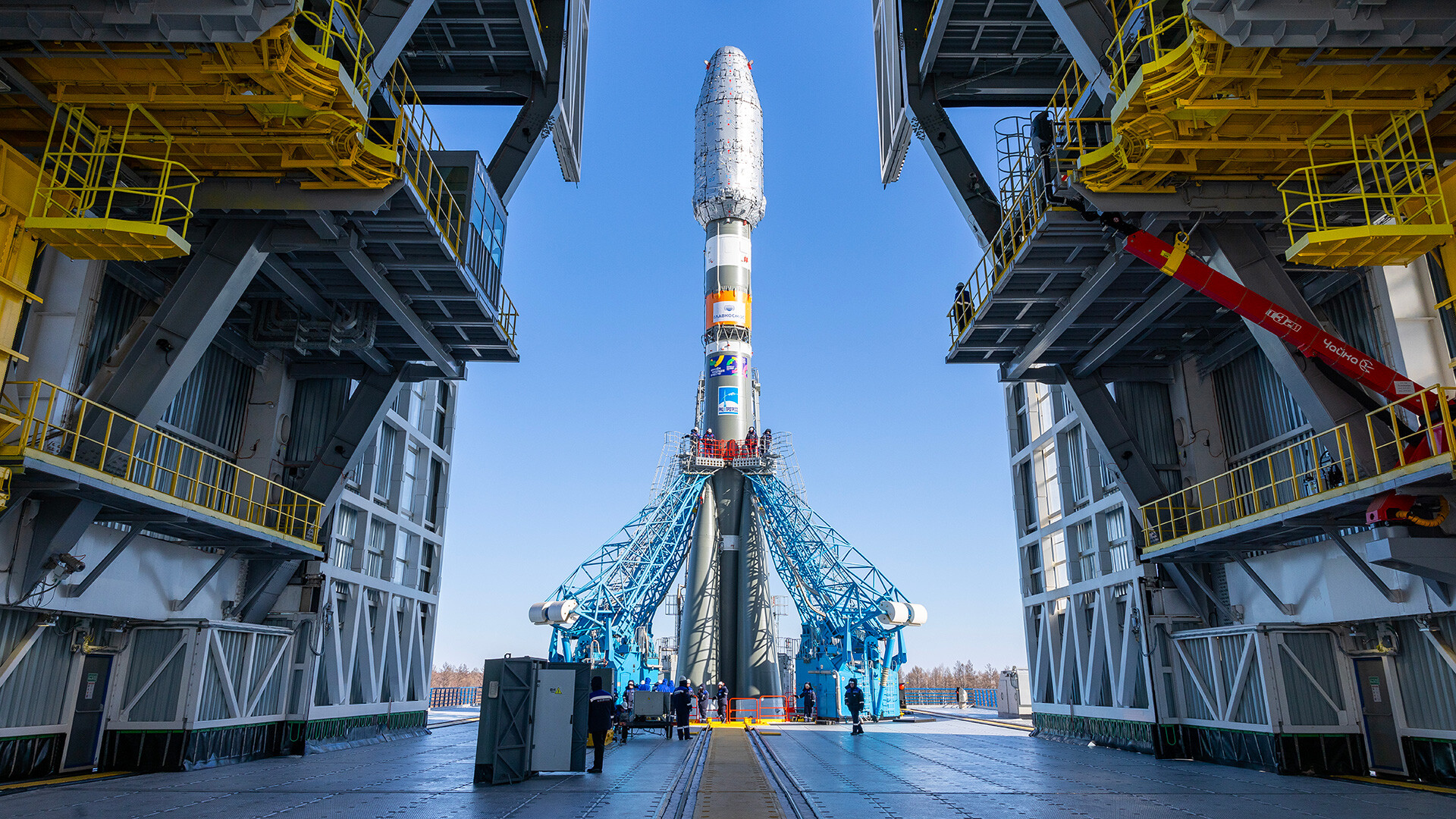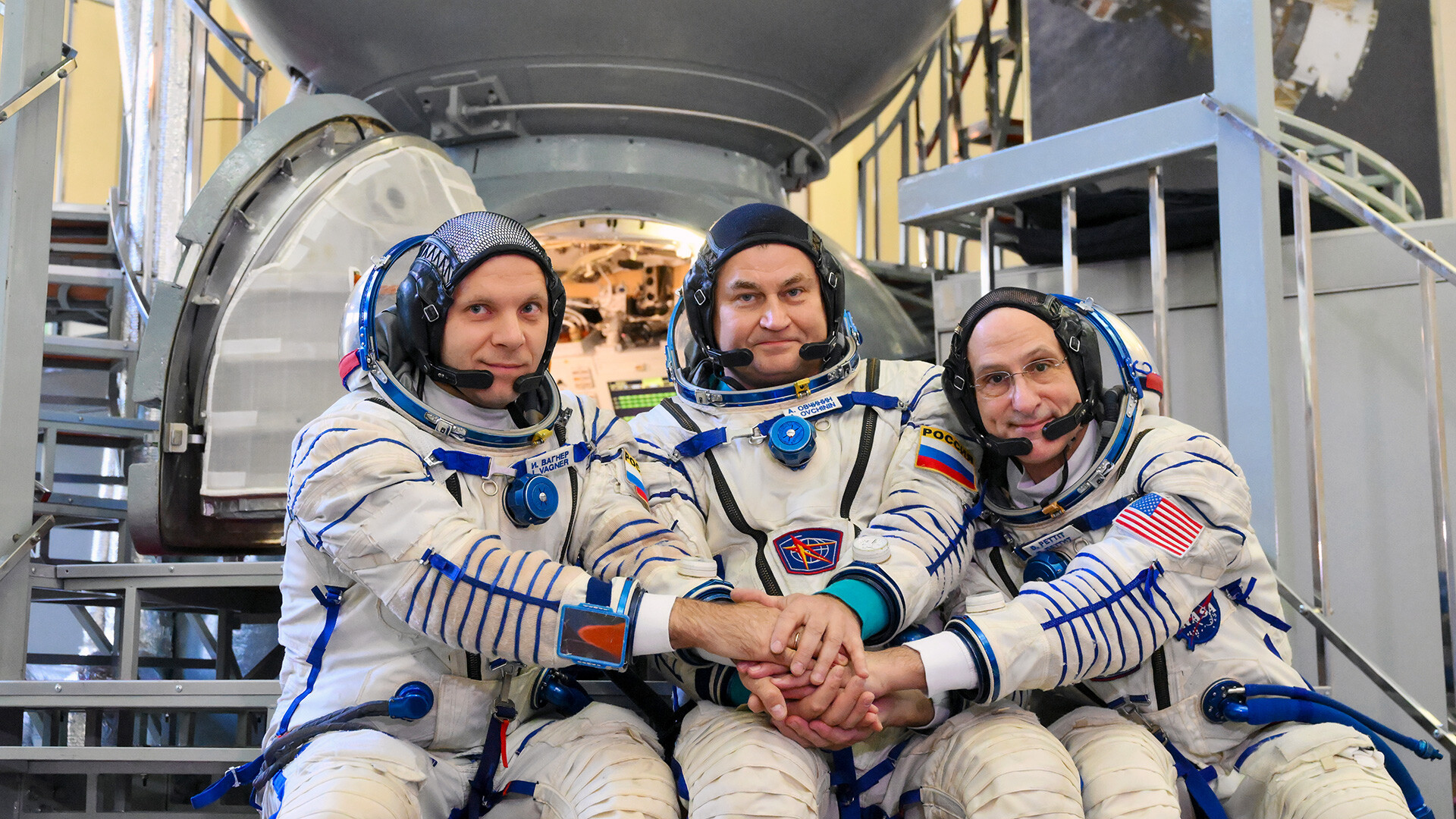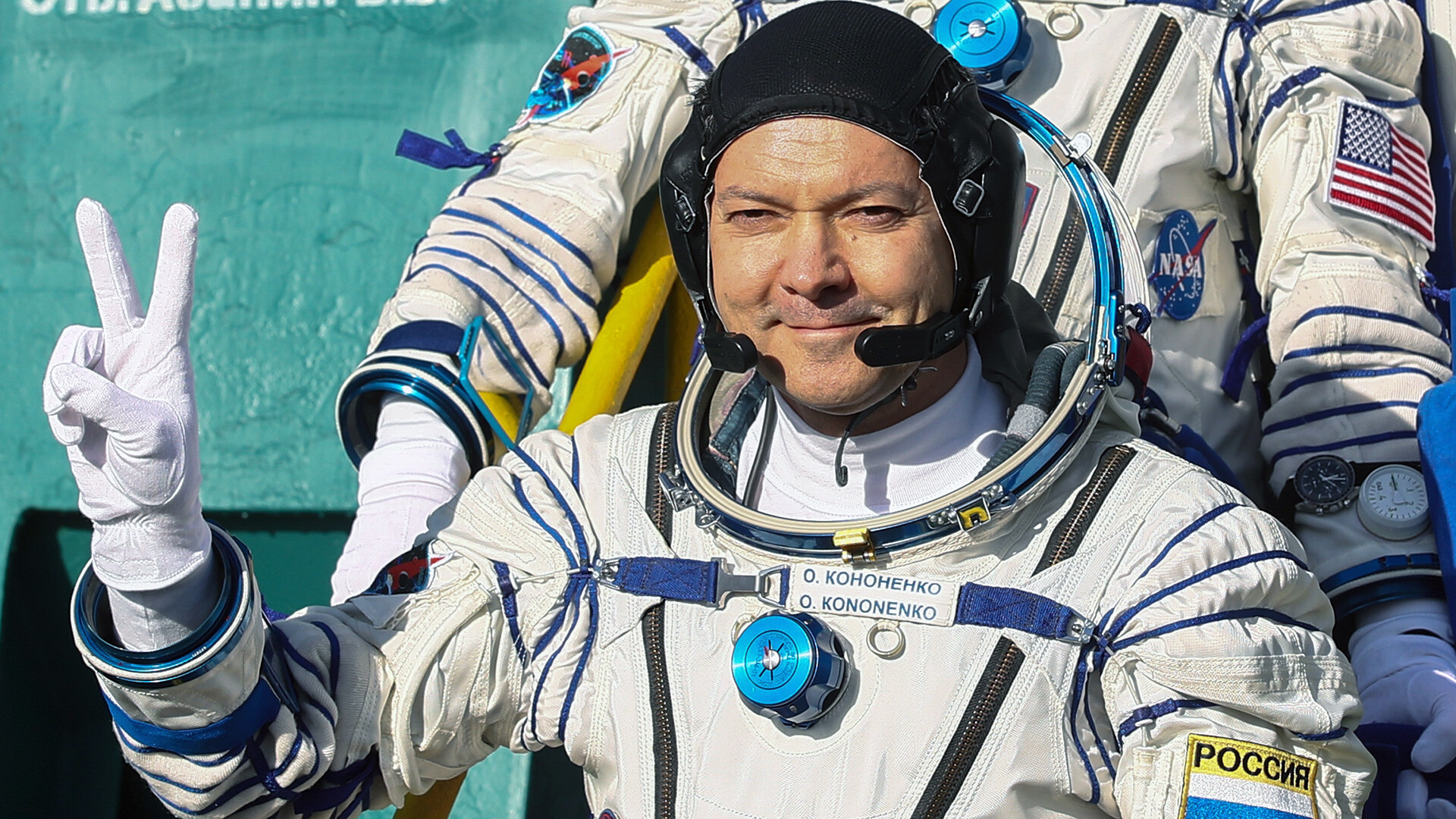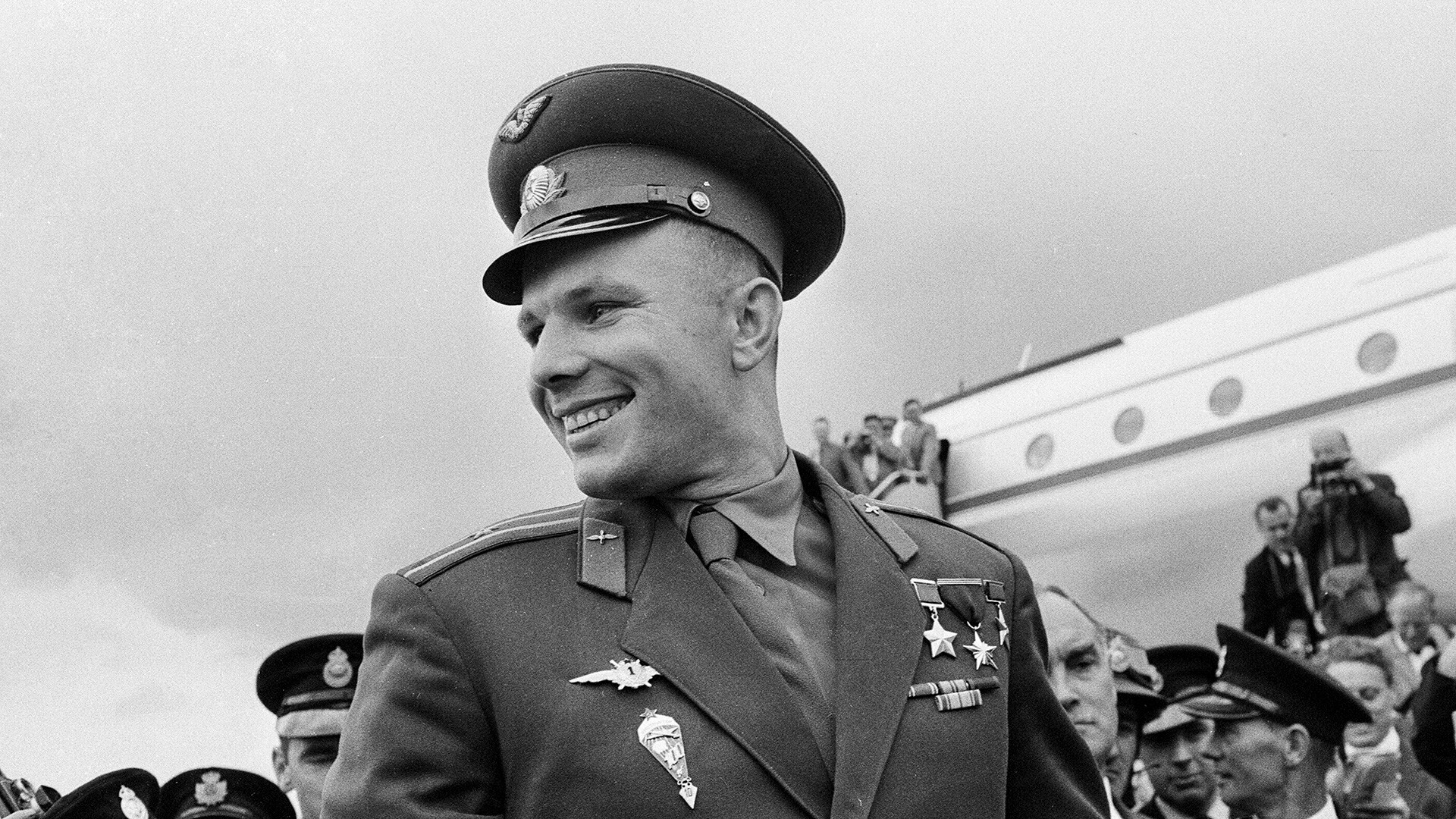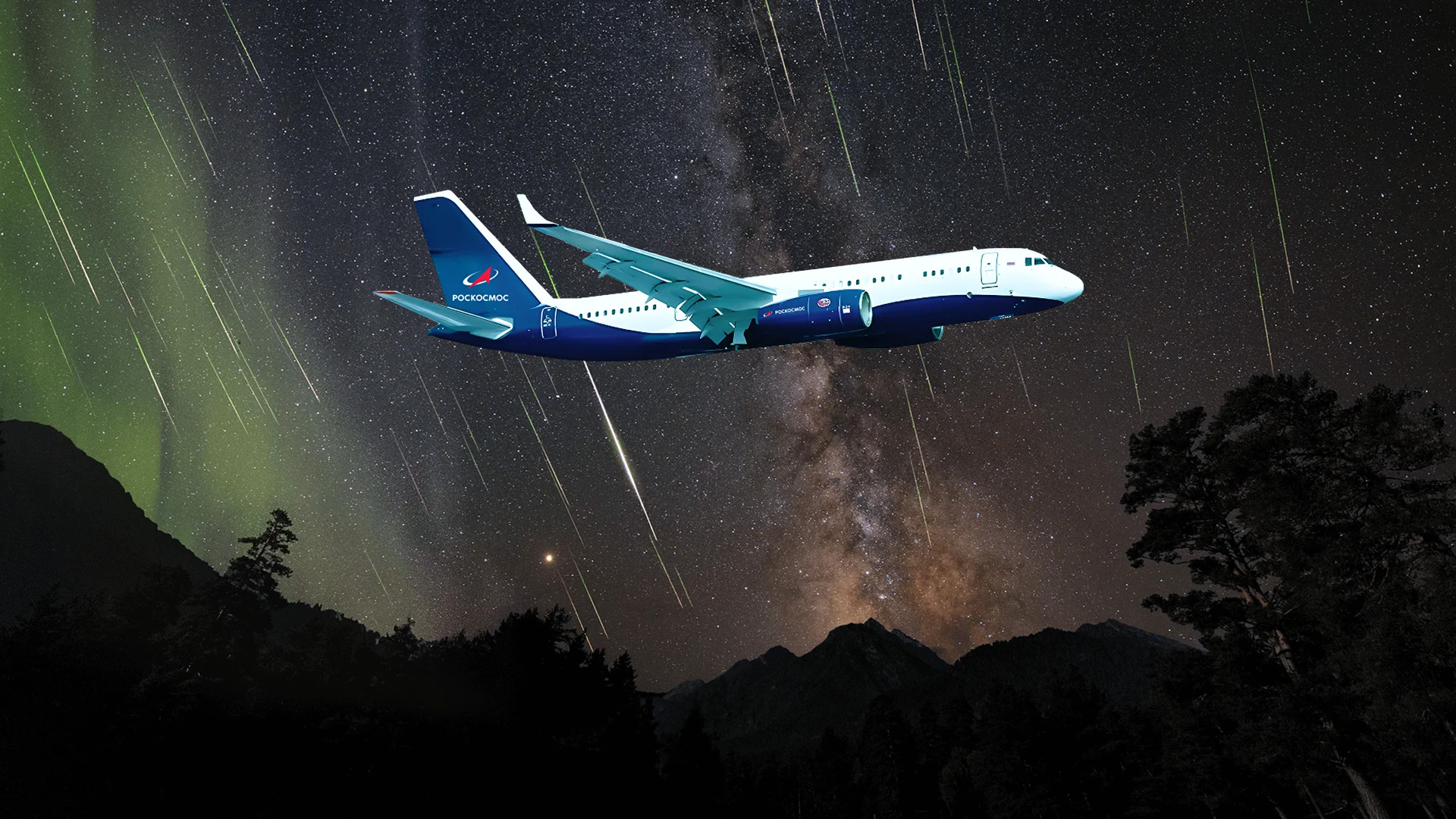
What do cosmonauts actually think of UFOs?
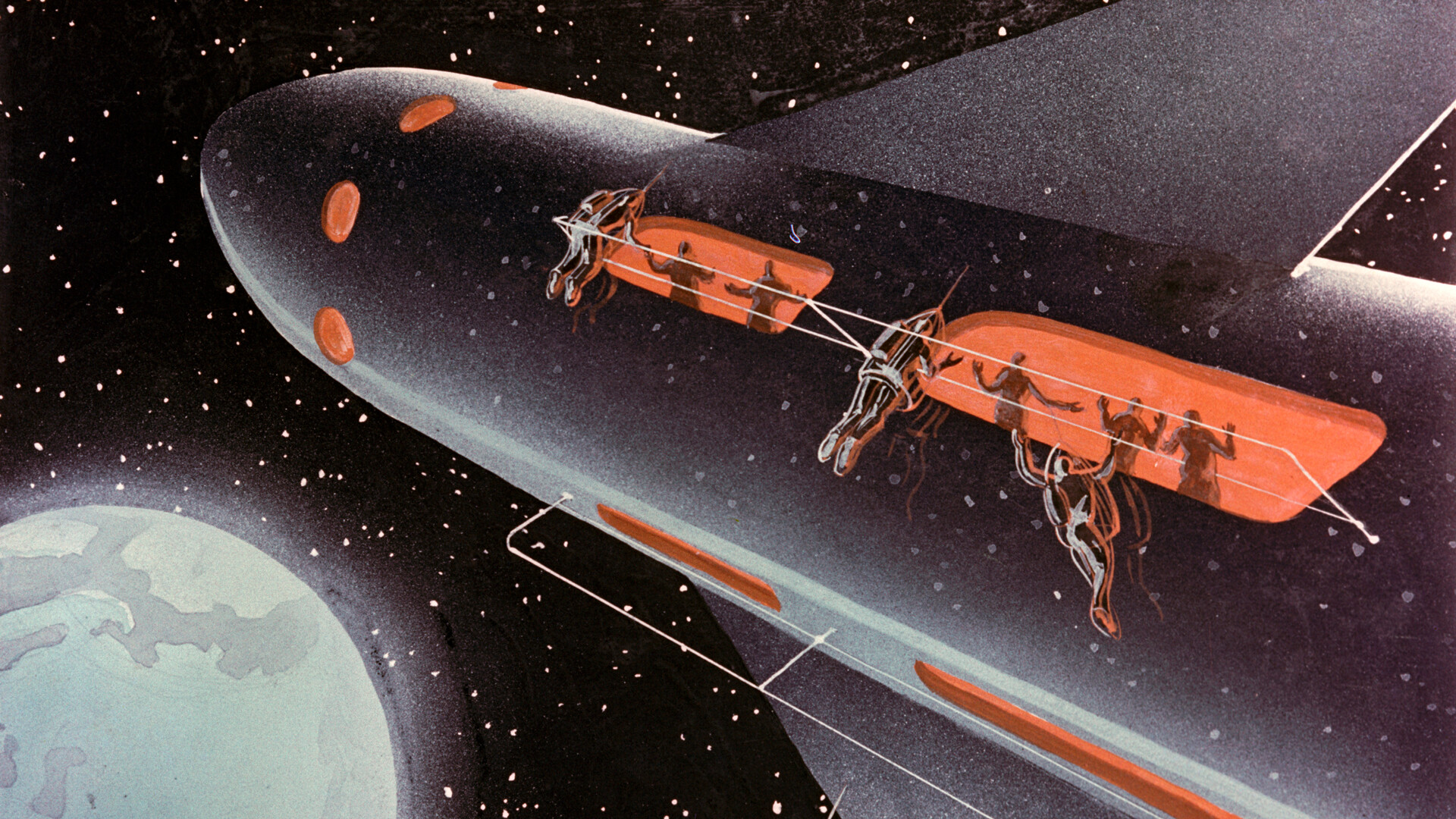
“Perhaps, it was a UFO. But, it couldn’t be anything supernatural, since two people reported seeing the phenomenon.” - Vladimir Kovalenok
In May, 1981, Vladimir Kovalenok was onboard the ‘Salyut-6’ space station, where he witnessed a strange, unidentifiable object the mere size of a human finger. “I was surprised that it followed its own orbit,” he said of the boat or melon-shaped object with a translucent conus, resembling a glove at the front. Kovalenok called over his colleague Viktor Savinykh, who confirmed the sighting; however, neither was able to photograph the object - when Savinykh went to get a camera, the thing exploded, leaving behind a puff of smoke.
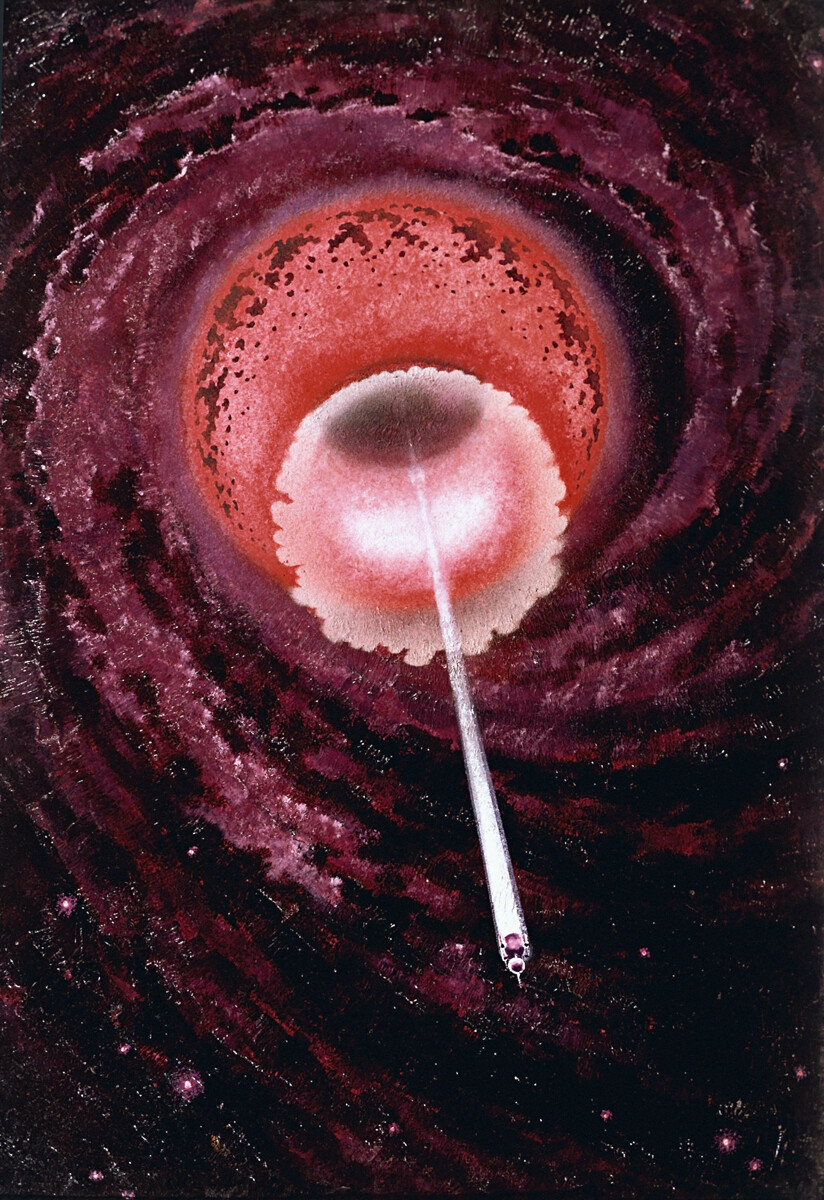
“It separated into two connected pieces, a bit like dumbbells. I immediately reported it to Earth,” the cosmonaut remembered. Kovelenok himself couldn’t make up his mind about the origin of the object, “but it couldn’t be anything supernatural, since two people reported seeing the phenomenon.”
Upon return to Earth, he added that “the specialists in charge of monitoring radioactivity registered a significant spike” during the incident.
“Some comets are nothing but surveillance vessels from other solar systems.” - Aleksey Leonov
The famed Soviet cosmonaut was among the first to visit space, alongside Yuri Gagarin. Leonov claimed that the existence of extraterrestrial life can at least indirectly be proven thanks to the existence of comets.
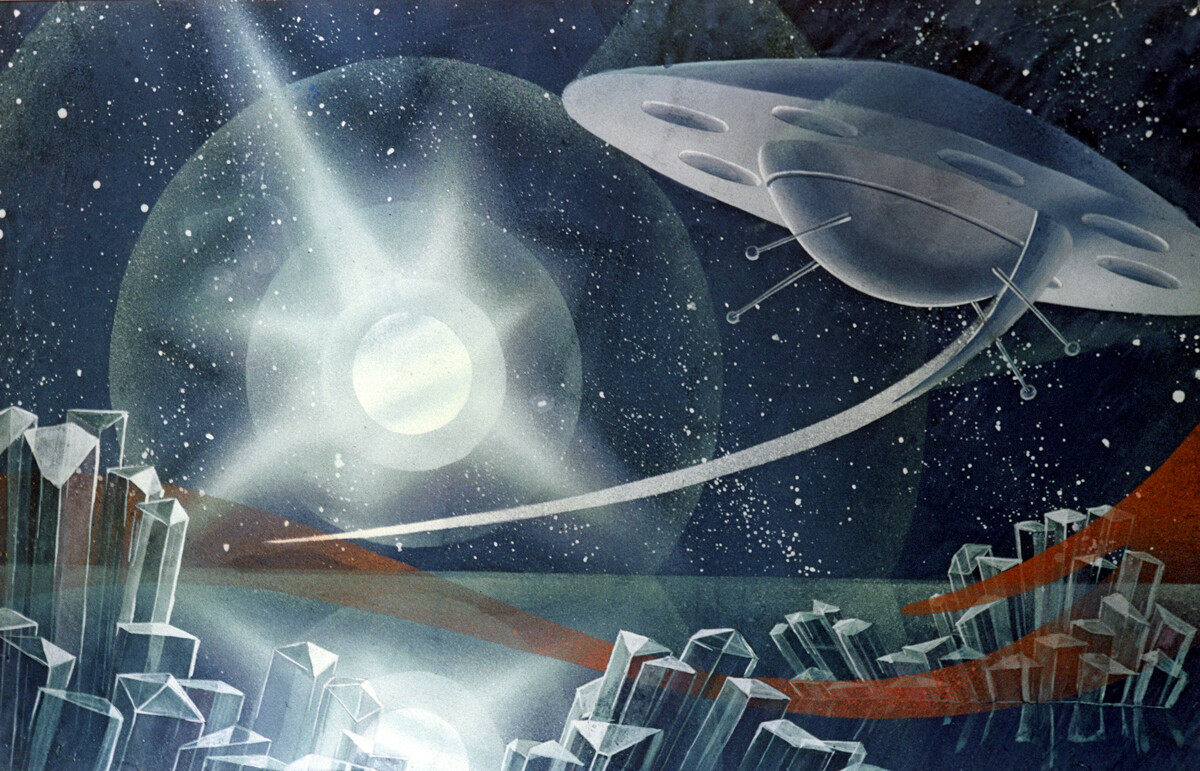
“Any time they are in the proximity of the Sun, comets expend a significant amount of material to create tails. It follows that - if we know the mass of the comet and its tail, we can easily extrapolate how long it has left to live. In that time, it must completely burn up. But, if it disappears, then reappears again - the logic breaks down. Evidently, somewhere along their space journey, lasting 100, 200 or 300 years, comets undergo processes that are unknown to us,” Leonov opined.
The cosmonaut pondered the question of the comets’ origin. If they’re born together with their respective solar systems - themselves no younger than 4.5 billion years old - they should already have burned up. There are several versions as to why this is happening, but Leonov outlined another one: “Some comets are nothing but surveillance vessels from other solar systems. And this version has a right to exist.”
“I’ve never seen aliens, but I believe they exist.” - Anton Shkaplerov
Cosmonaut Anton Shkaplerov spent four hours aboard the International Space Station and has three space walks under his belt. He believes that our being alone in the vast, boundless universe is simply impossible - even though we have yet to see conclusive proof.
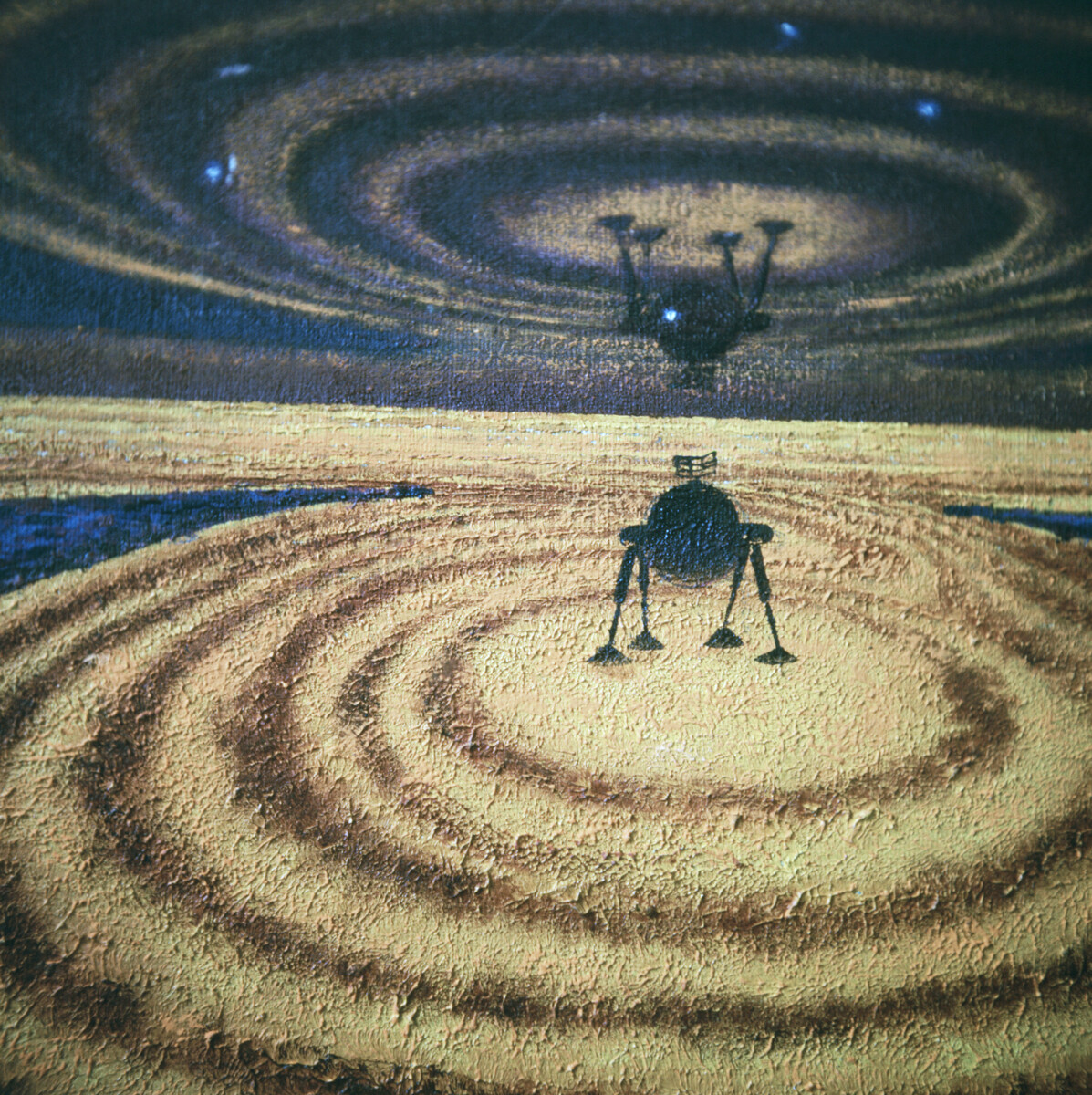
“We haven’t seen God either, but we know he sees us and protects us, that’s for sure,” he says. “I’ve never seen aliens, but I believe they definitely exist. How can we be alone in a space that’s as boundless as the universe?”
“I don’t know about aliens, but we’ll definitely discover traces of previously unknown civilizations.” - Yuri Glazkov
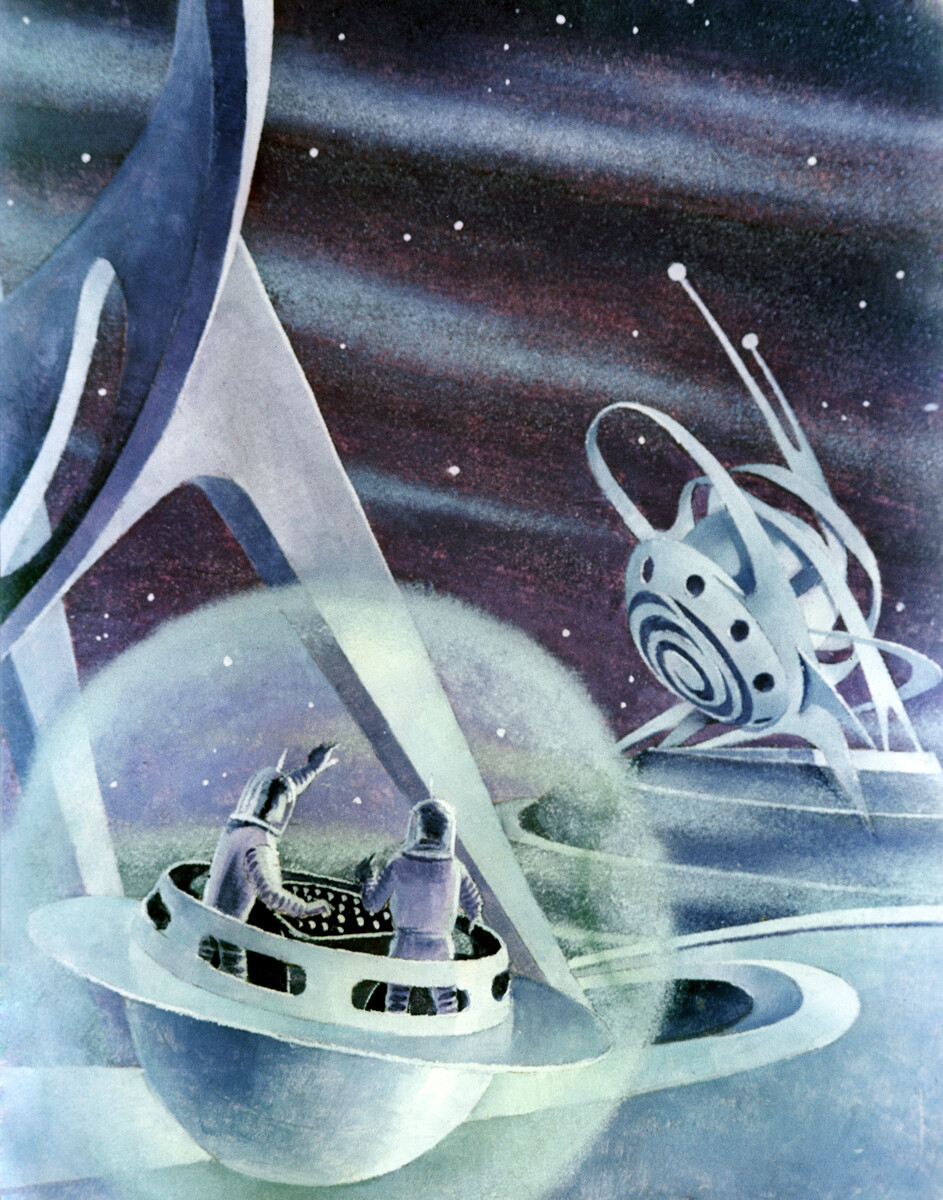
Yuri Glazkov, Another Soviet forerunner, once said that aliens don’t simply exist, but have already left their mark on our solar system - in the form of Pluto.
Glazkov believed that, 74 million years ago, Mars and Jupiter were actually a single planet, before it was destroyed. “Evidence of this can be seen in the composition of fallen meteors,” he says. “There’s a hypothesis that evolution on that planet must have peaked, but the planet itself blew up and its civilization simply turned to dust, roaming the endless space of the universe.”
“Can it be proposed that extraterrestrial civilizations exist? Of course!” - Evgeny Khrunov
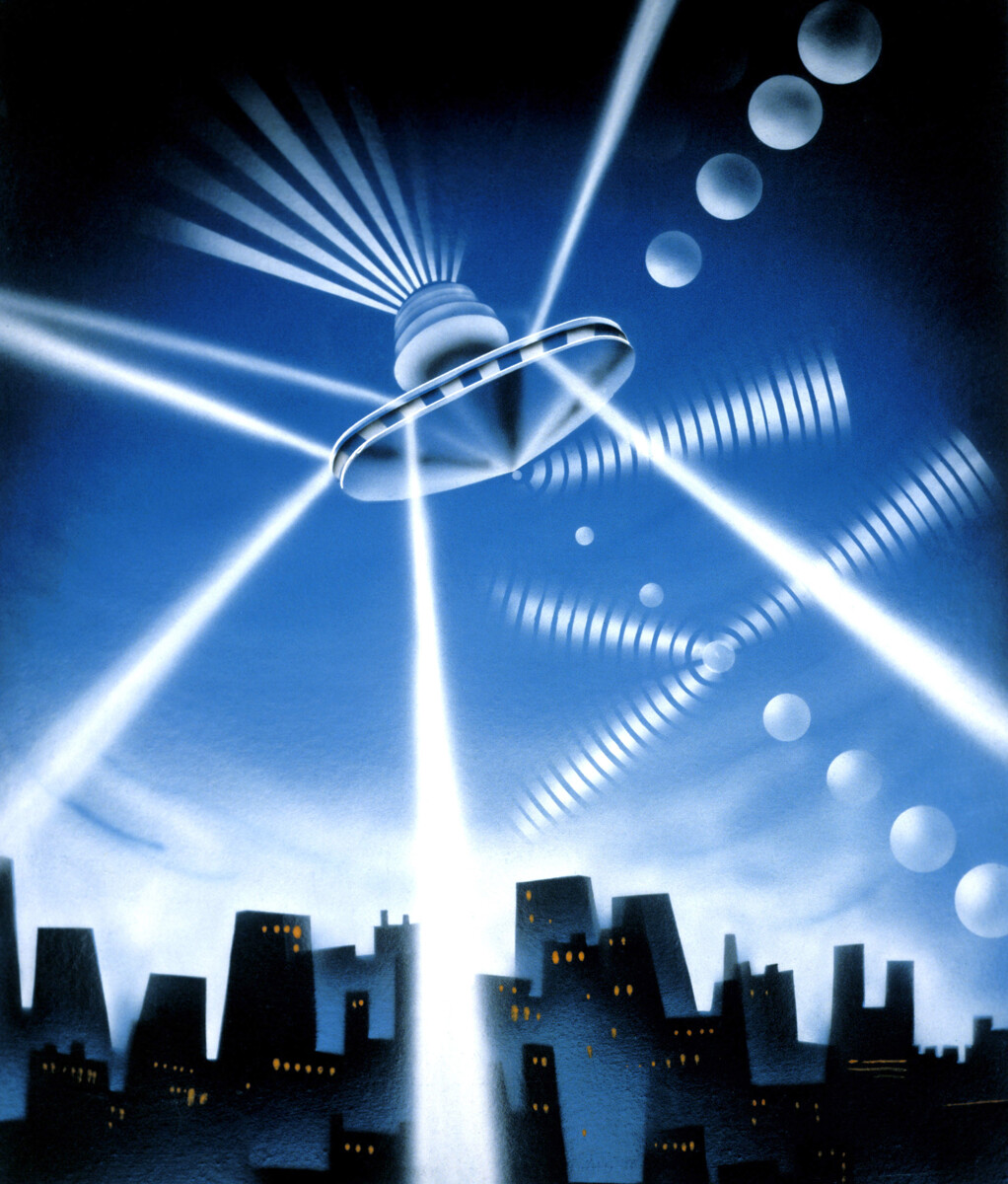
Although Aleksey Leonov’s backup only spent two days in space overall, he had a lot to say about the possibility of life up there!
“Can it be proposed that extraterrestrial civilizations exist? Of course, it can. Until Earth’s uniqueness is proven, such a theory must have a right to exist. Otherwise, we’ll have to believe in intelligent design. As for UFOs, we can’t deny their existence - not after thousands of eyewitness accounts. We could surmise that they emerge, due to particular optical effects in the atmosphere, but some of their properties simply boggle the mind: for instance, the ability to abruptly change course by performing a 90-degree turn at high speed,” the cosmonaut wonders.



